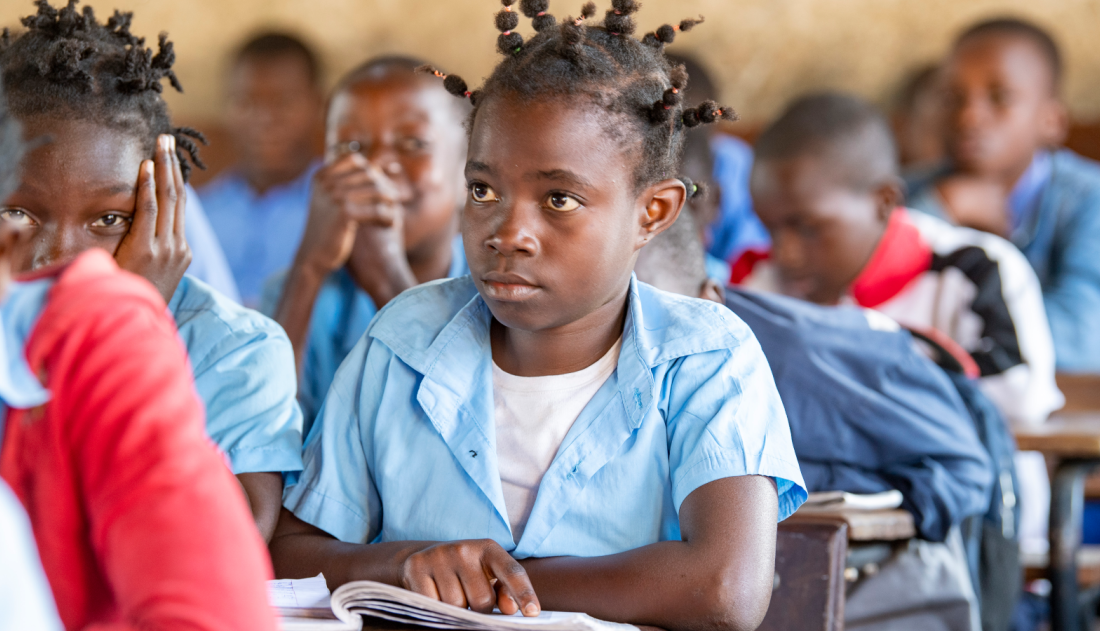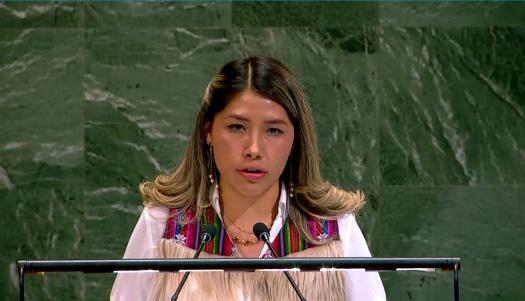
This year marks the 30th anniversary of the adoption of the Convention on the Rights of the Child (UNCRC) on 20 November 1989. This landmark human rights treaty sets out the civil, political, economic, social and cultural rights of every child, regardless of their race, religion or abilities.
In particular, the Convention recognizes the right of every child to a standard of living adequate for the child’s physical, mental, spiritual, moral and social development. Poverty hurts children’s development and, in turn, leads to lower income and health in adulthood. When child poverty is recognized as a denial of children’s human rights then people in positions of responsibility and power are legally bound to promote, protect and fulfil children’s rights. Above all, it is imperative to recognize and address the specific discriminations experienced by the girl child.
It is crucial that children’s participation be recognized as a process and not a one-off event. Too often consultation is mistaken for participation. Whereas the process of consultation gathers children’s views on a particular issue or question, participation means that children actually join in in decision- making.
The commemoration of October 17 each year demonstrates how we can achieve greater participation by enabling people from all walks of life to come together to respect the human rights and dignity of people living in poverty. The participation of children and young people has always been encouraged and supported as an integral part of October 17 observances at the United Nations and around the world. This recognizes the important roles children can play by sharing and applying the valuable knowledge they have acquired from their personal daily struggle to overcome poverty.
Learn more about the International Day for the Eradication of Poverty 2019.
 Welcome to the United Nations
Welcome to the United Nations


